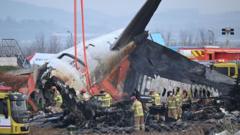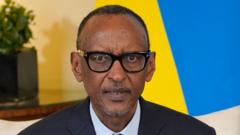A recent incident on a train in Belgium has reignited discussions about language conflicts in the country, which has Dutch, French, and German as its official tongues. Last year, during a busy rush hour, train attendant Ilyass Alba greeted passengers with “goeiemorgen” along with the French “bonjour.” While this bilingual approach may seem inclusive, it did not sit well with a Dutch-speaking passenger, who challenged Mr. Alba on the appropriateness of using French in the Dutch-speaking region of Flanders.
The Dutch commuter, irritated by the use of French, demanded that Mr. Alba speak in Dutch. In response, Mr. Alba attempted to explain the situation in French, further escalating the disagreement. The passenger later filed a formal complaint with the Belgian Permanent Commission for Linguistic Control, asserting that the use of French was out of line.
After a five-month inquiry, the commission concluded that the complaint was justified. They cited Belgium's administrative language laws, indicating that the train attendant should have opted for Dutch as the primary language of communication. Their guidance reinforced the expectation that once a traveler's language is identified, service should align accordingly, either in French or Dutch.
This incident brings to light the complexities and sensitivities surrounding language use in a nation divided across linguistic lines, where greetings can become a symbol of deeper cultural tensions.





















